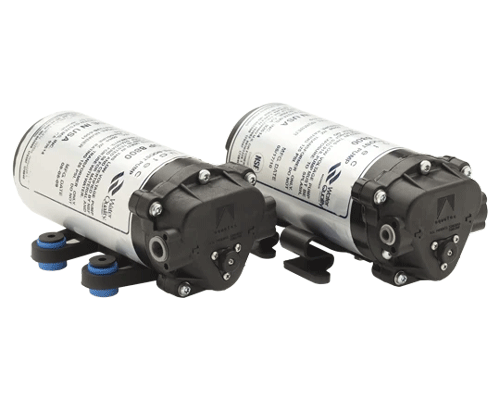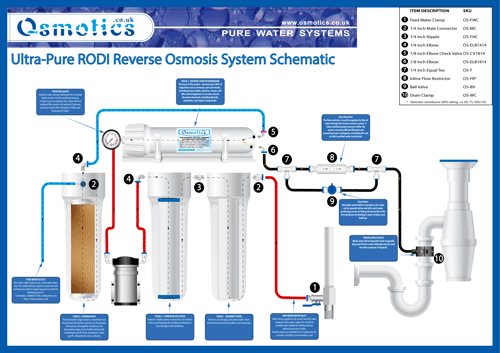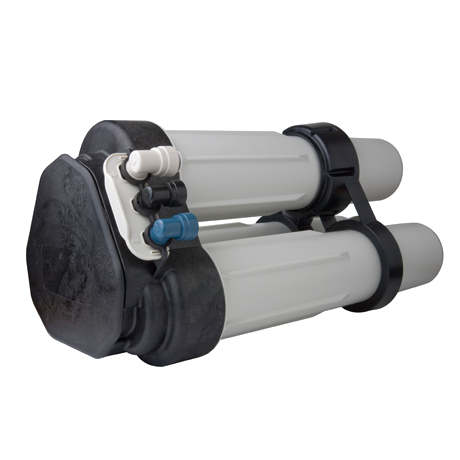Product added to cart
22July
22July

22July
22July
Do You Need a Booster Pump for Your RO System? A Comprehensive Guide
If you're considering installing a reverse osmosis (RO) system in your home or workplace, you may have come across the term "booster pump." But what exactly is a booster pump, and do you really need one for your RO system? In this article, we'll delve into the world of RO systems and explore whether a booster pump is necessary to optimize its performance. Read on to discover the benefits, considerations, and factors to help you make an informed decision.
Section 1: Understanding Reverse Osmosis (RO) Systems
To fully comprehend the role of a booster pump, it's essential to understand the basics of RO systems. Reverse osmosis is a water purification process that removes contaminants, impurities, and undesirable substances from water by utilizing a semi-permeable membrane. RO systems are known for their effectiveness in producing clean and great-tasting water.
Section 2: What is a Booster Pump?
A booster pump is an additional...




